Worried about overeating during the holidays?
You’re not alone, and finding a healthy balance is no easy task.
Between Halloween Candy, Thanksgiving feasting, winter holiday cookies, chocolate, and eggnog, plus New Year’s cocktail parties and game days, it’s a wonder anyone gets through year-end without serious health setbacks.
Plus, colder weather can naturally increase our appetite for food and comfort, making it feel like we’re fighting our biology along with all the other temptations.
Fortunately, recognizing the challenges of avoiding holiday overeating is the first step to creating healthy boundaries and setting yourself up for success.
The next step is creating an actionable plan to curb overeating before it starts, while still enjoying the delights of the season.
Here, you’ll learn eight tips for avoiding holiday overeating that are easy to implement and don’t require deprivation or social isolation. We’ll also cover what to do if and when you do overreact to help curb bloating, energy crashes, and hangovers.
8 Tips To Help Curb Holiday Overeating
Feasting during seasonal celebrations has been a time-honored tradition for thousands of years.
The difference, however, between 100-200 years ago and now is that our feasts typically contain significantly more processed sugar, fats, and food additives than our ancestors ' did.
And unless you were royalty or an aristocrat, a lot more physical effort was required to procure and prepare a feast.
Plus, our ancestors' daily diets were simpler than ours, which may have given them more stamina for feasting with fewer consequences.
Today, however, most of us experience unwanted symptoms from holiday overeating, including bloating, gas, indigestion, sleep problems, food comas, weight gain, and mood swings.
Even more disturbing is the fact that cardiac events and pancreatitis skyrocket during the holidays, often as a result of overeating, combined with stress and alcohol consumption.[1][2]
Fortunately, with a bit of foresight and mindfulness, you can avoid overeating without depriving yourself of your holiday favorites.
1. Avoid Fasting and Feasting
Many people try to adopt a fast and feast protocol during the holidays, in which they reduce calories for one or several days leading up to a big feast.
Although the logic is sound, the reality is you’ll likely end up eating way more than you should in one sitting to make up for the deprivation.
Going into a party starving also deprives you of the joy of savoring the delicious foods in an attempt to fill up fast.
Instead, stick to a regular eating routine of three nourishing meals a day with optional healthy snacks and plenty of water.
This way, you’ll still be able to enjoy the holiday feast without the overeating regrets and symptoms.
Related: 7 Best Supplements for Intermittent Fasting
2. Prioritize Protein- and Fiber-Rich Foods First
Studies have shown that protein and fiber-rich foods are some of the best for helping promote satiety and fullness, which can prevent overeating.[3][4]
This doesn’t mean you deny yourself some holiday treats, too, just that you eat some protein- and fiber-rich foods first.
Examples include:
- Hummus and bean dips
- Cheese
- Crudite (raw veggies)
- Fruits
- Mixed nuts
- Dried fruits
- Roasted meats like turkey or roast beef
- Berries
- Stuffed dates
- Grilled veggies
- Pinwheels or wraps
- Charceuterie
- Shrimp cocktail
- Sausages
- Smoked fish
- Rye crackers
- Whole-grain breads
- Popcorn
- Stuffed vegetables, like mushrooms, artichokes, or peppers
Start with a couple servings of each, and you’ll be more likely to take sensible portions of the salty, rich, and sweet foods.
3. Make Room for Your Favorite Foods
Many holiday foods only come once a year, so don’t deprive yourself!
Be sure to make room on your plate for the foods you love best, rather than feeling like you have to try everything at a party.
Remember, the holidays are meant to be enjoyed, so don’t try to avoid your favorites; just savor them mindfully and in sensible portions.
4. Can’t Resist Chocolate? Try Magnesium
Chocolate is everywhere during the fall and winter, and seasonal chocolates can be hard to resist!
Chocolate can be addictive for several reasons:[5]
- It’s the perfect combination of sweetness, bitterness, and richness
- It contains caffeine, which provides a nice pick-me-up during the long, dark days of winter
- Dark chocolate is a good source of relaxation-promoting nutrients, like magnesium and cannabinoid-like fatty acids, which naturally relieve stress
So, what constitutes a healthy addiction?
Most health and nutrition experts say an ounce or two a day of high-quality dark chocolate is fine and can even be beneficial.
If you’re struggling to keep your chocolate fix to an ounce or two a day, consider a magnesium supplement.
Widely recognized for its role in supporting relaxation, research suggests that many people don’t get enough magnesium from their diets.
For some, this can create cravings for magnesium-rich foods, including chocolate![5]
Magnesium supplements can also help support relaxation, as well as sleep, digestion, and exercise recovery.[6][7][8]
Related reading: Magnesium Glycinate vs. Citrate: Which Form Is Best?
5. Practice Mindful Eating (pay attention to your body’s cues)
Mindful eating may sound like just another trendy way to diet.
However, this form of eating focuses on tuning into your body’s hunger cues and cravings, and fully experiencing foods, versus denying and restricting yourself.
It also helps to set an intention before you eat, such as, I intend to eat to nourish myself and feel more energetic and satisfied when I’m done eating.
For example, when you’re choosing what foods to eat, take a moment to appreciate the color, aroma, and aesthetics of the food.
If you choose to eat that food, enjoy it slowly, savoring the scent, texture, temperature, flavor, and how it makes you feel (physically and emotionally) rather than popping it into your mouth and eating it as fast as possible.
As you eat, pay attention as your stomach becomes full, pause eating when you’re about 80% full, give yourself 15-20 minutes before eating more.
Typically, your satiety signals will kick in within this time, and you won’t want to eat more.
When we approach feasting from a place of mindfulness, we allow ourselves the pleasure of the full sensory culinary experience, without deprivation or shaming, which also curbs overeating.
Plus, eating slowly and mindfully is more conducive to conversation, which is what celebrations are typically all about.
6. Drink a Protein Shake Before the Party
If you know you’re going to a party without many healthy options, or if you’re going straight from work or school, consider drinking a protein shake an hour or so beforehand.
As mentioned previously, protein promotes satiety and will keep you from going to the party hungry.
Protein shakes are also convenient, and can be whipped up at the office, on the go, or the morning of the party, and refrigerated.
Our sister company, Biochem Protein, offers a variety of Grassfed Whey and Sustainably-Sourced Vegan Protein Powders with 20 grams of protein per serving.
They mix easily into your favorite beverage, like dairy or plant-based milk, and help fill you up with nourishing protein and other nutrients.
Pro tip: Bring some protein-rich holiday cheer to the party with these delicious protein-forward recipes:
- Healthy Holiday Smoothie Mixer
- No-Bake Chocolate Chip Protein Cookies
- Pumpkin Spice Protein Truffles
7. Up Your Self-Care Routine
Most people don’t associate self-care with curbing overeating.
However, between travel, grieving lost loved ones, packed schedules, financial concerns, and just trying to keep up, the holidays can be stressful, which can lead to stress-eating.
Which is one of many reasons self-care should be dialed up during the holidays.
But how do you find time for more self-care when you’re already stretched?
Find ways to work into your everyday schedule. For example:
- Listen to relaxing music or inspiring podcasts in the car
- Take a bath instead of a shower
- Put on a soothing face mask while you send out holiday cards
- Soak your feet in a bowl of hot water with Epsom salts while you’re watching television or wrapping gifts
- Wrap yourself up and get some morning sunlight while you have a cup of coffee
- Drink herbal tea while you work
- Take a walk on your lunch break
- Watch a funny movie or show while you’re wrapping gifts
- Move whenever possible, aim for 5K-10K steps per day
- Sit down for every meal
- Take a break from sitting and do 20-25 air squats a few times a day
- Take time to love on your pet
- Prioritize 8-9 hours of sleep per night
- Instead of scrolling, practice mindfulness while you’re waiting
- Take 30 minutes a day to exercise
- Try a morning stretching routine to start your day out right
All these practices take very little time, but will help fill up your cup and regulate your nervous system, which can help reduce stress-eating and overeating.
8. Bring a Healthy Dish (or Two) to Share
If you’re trying to avoid overeating unhealthy foods, chances are other people are trying as well and will appreciate some healthier options.
This doesn’t have to mean bringing a raw veggie tray either, some ideas for healthier but tasty hors d'oeuvres side dishes include:
- A relish platter with various pickles, olives, roasted red peppers, and other savory foods, like dolmas
- Bruschetta on whole-grain bread toasts with fresh tomatoes, basil, and garlic, drizzled with balsamic reduction
- A Mediterranean mezze platter with hummus, baba ganoush, olives, veggies, and pita
- Marinated olives served warm with lemon zest and fresh herbs
- Roasted delicata squash
- Roasted vegetable medley with red onions, green beans, and butternut or acorn squash
- Spicy homemade candied pecans with maple syrup, cinnamon, and cayenne
- Homemade cranberry sauce with honey, cinnamon, and star anise
- Gluten-free corn muffins with local honey and/or honey butter
- Arugula salad with pears, pomegranates, and feta or goat cheese
- Air-fried brussels sprouts with olive oil, maple syrup, and flaked salt
- Harvest quinoa salad with roasted squash or sweet potatoes, pearl onions, chunks of feta or parmesan, and a sagey lemon vinaigrette
- Black bean brownies
- Cottage cheese chocolate mousse
- Paleo pumpkin bread
- Frozen s’mores bars
These dishes are delicious, satisfying, and guarantee you’ll have some healthier options, in addition to the fun party foods.
What To Do When if You Do Overeat
Nearly everyone overeats on occasion, holidays or not. And that’s okay, after all, it is the season of feasting!
Instead of succumbing to a food coma or worse, guilting yourself over it, try these simple solutions to get yourself energized and back on track.
- Take a brisk walk after the meal to help promote digestion and stabilize blood sugar
- Take digestive enzymes, like Tropical Papaya Chewables or Maxi-Zyme® plant-based enzymes, to help support your digestive processes
- Drink a cup of peppermint, chamomile, ginger, or fennel tea, which naturally supports digestion and eases bloating, gas, and discomfort[9][10]
- Try Acid Rescue™ Calcium Carbonate Berry Flavored to ease occasional reflux
- Hydrate with lemon water, especially after drinking alcohol, to help flush toxins, support digestion and liver function, and ease hangovers
- Don’t force yourself to eat more later, but don’t starve yourself either. Listen to your body and eat again only when you’re hungry. If you’re not very hungry at your next meal, stick to light foods, like a brothy soup or salad
- Be sure to take your multivitamin to replenish nutrients after drinking alcohol or eating a lot of sugar or processed foods
- Try Activated Charcoal to reduce gas, bloating, and digestive discomfort
And remember, the body is very forgiving, and one day or night of overeating is unlikely to do any harm.
Related reading: What Are The Best Multivitamin Ingredients For Women?
Looking For More Helpful Food & Nutrition Tips & Info?
At Country Life Vitamins, we have been committed to providing the highest quality supplements and health content since 1971.
For more helpful food and nutrition content, check out the following articles:
- What Does Clean Eating Really Mean? How Supplements Can Help
- 5 Everyday Habits That Drain Nutrient Levels (And How To Fix Them)
- Healthy Fast Food Options: Tips From A Holistic Dietitian
- 15 Super Healthy Green Foods + Healthy Meal & Snack Ideas
- 5 Nutrient Deficiencies You Might Not Know You Have
References Mentioned in This Article
- “The risks of out-of-hospital cardiac arrest and mortality on public holidays and weekends: A time-series study”. Resuscitation.
- “The incidence of acute pancreatitis: impact of social deprivation, alcohol consumption, seasonal and demographic factors”. Aliment Pharmacol Ther.
- “Revisiting the role of protein-induced satiation and satiety”. Food Hydrocolloids.
- “Snack Food, Satiety, and Weight”. Adv Nutr.
- “Chocolate”. Journal of the American Dietetic Association, Volume 99, Issue 10, 1249 - 1256
- “Magnesium Status and Stress: The Vicious Circle Concept Revisited”. Nutrients
- “The essential role of magnesium in immunity and gut health: Impacts of dietary magnesium restriction on peritoneal cells and intestinal microbiome”. J Trace Elem Med Biol.
- “Association of magnesium intake with sleep duration and sleep quality: findings from the CARDIA study”. Sleep.
- “Effectiveness of Nutritional Ingredients on Upper Gastrointestinal Conditions and Symptoms: A Narrative Review”. Nutrients.
- “Review article: the physiological effects and safety of peppermint oil and its efficacy in irritable bowel syndrome and other functional disorders”. Aliment Pharmacol Ther.

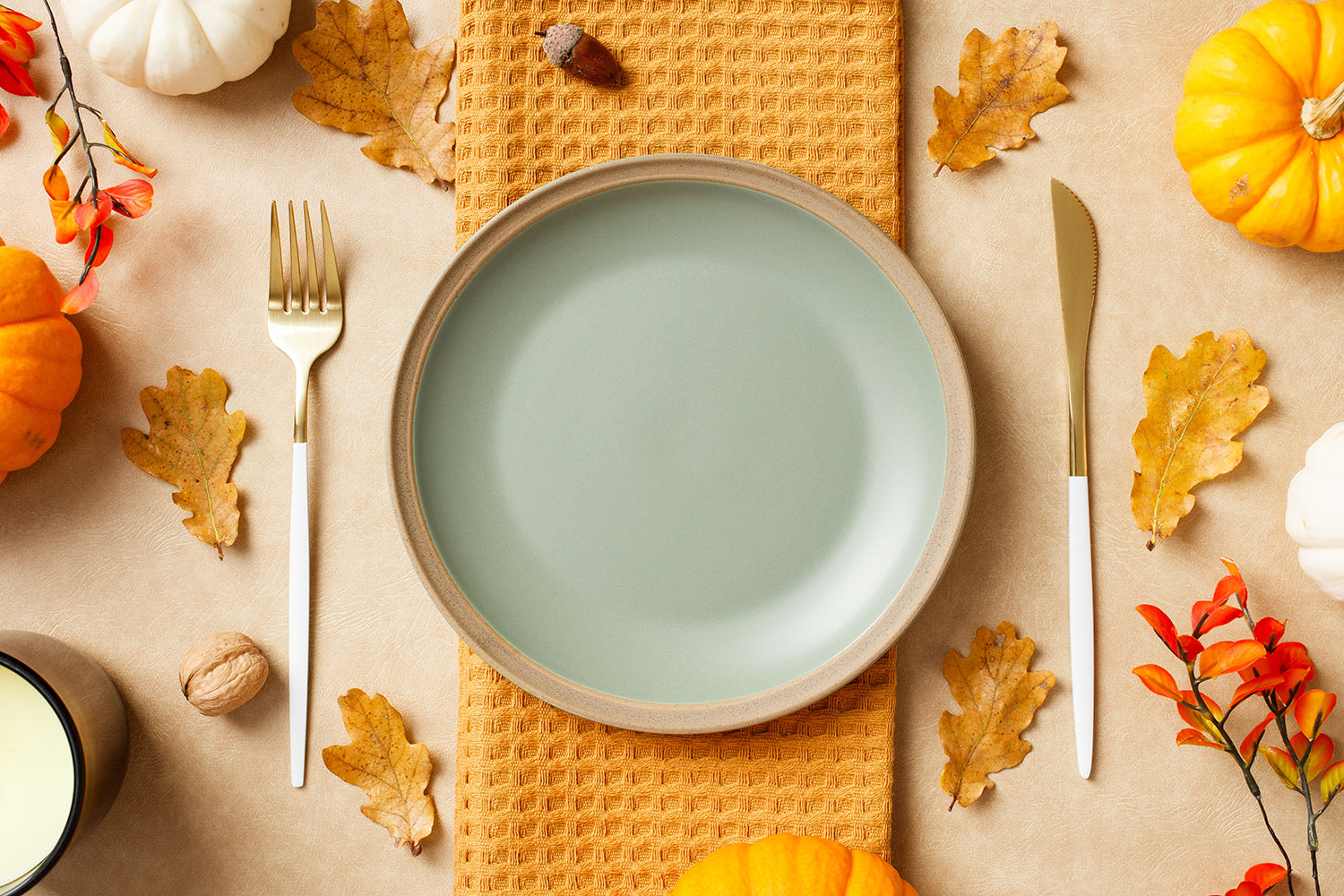
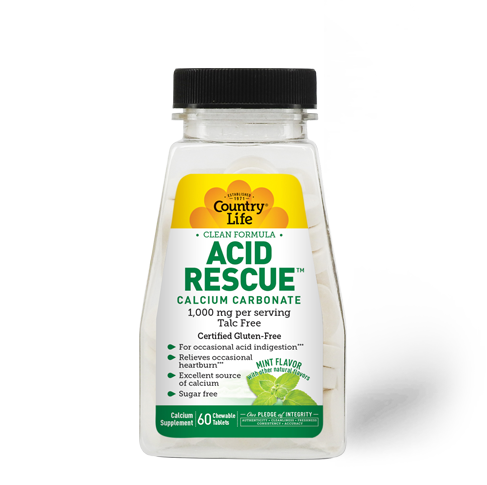
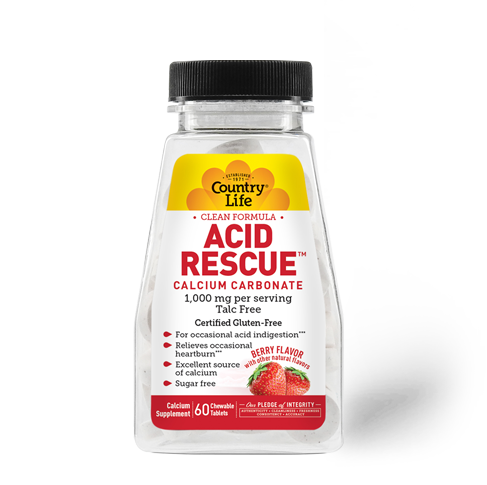
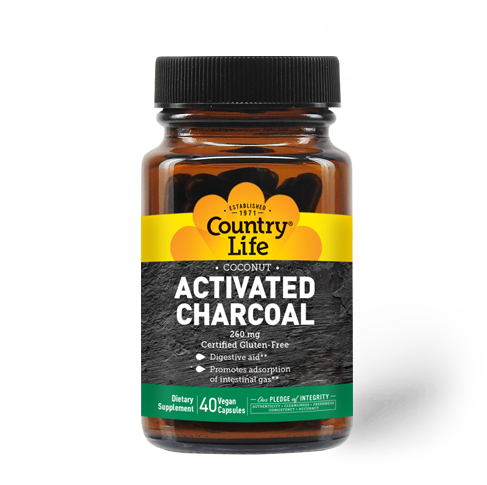
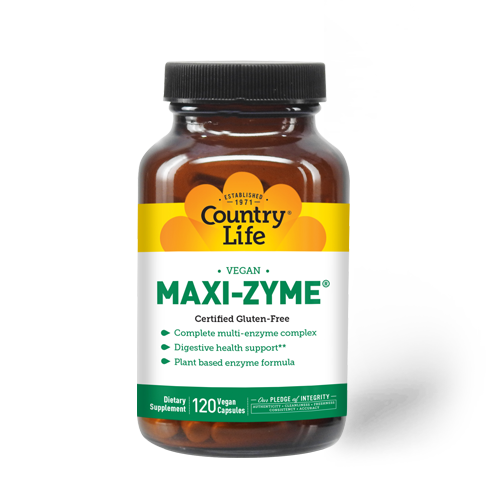
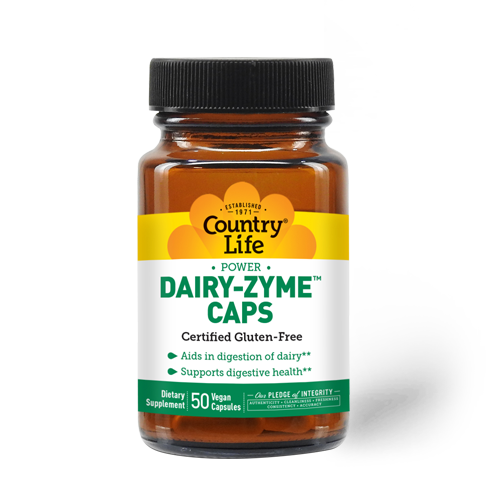










Share:
10 Gifts for Health and Wellness That Everyone on Your List Will Love